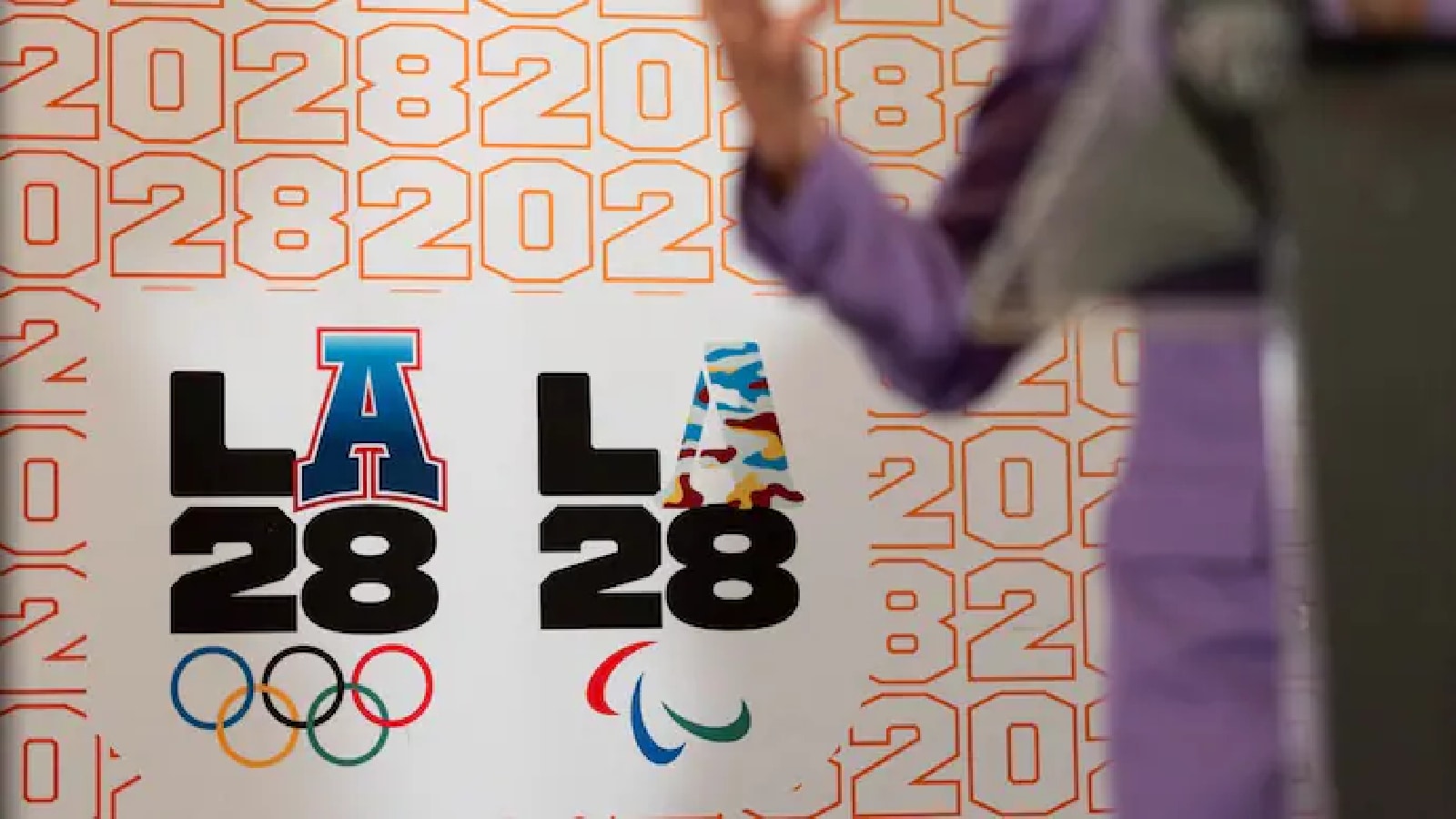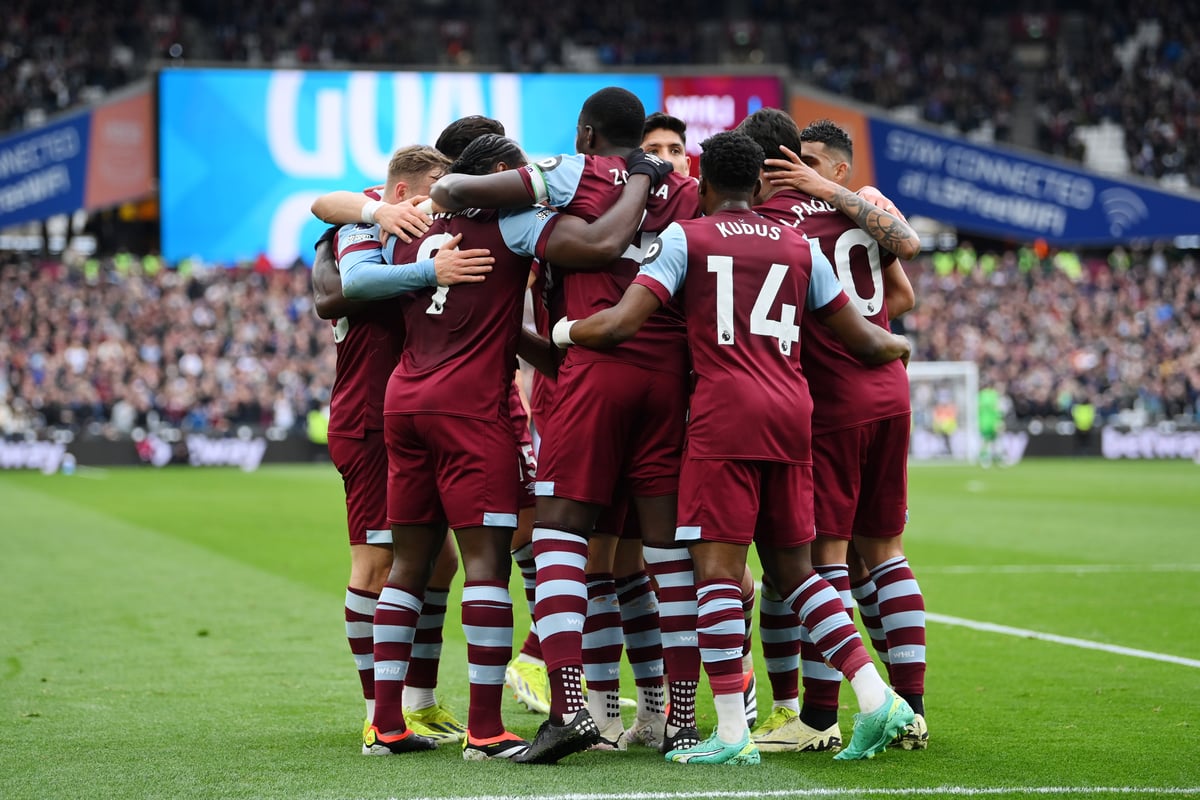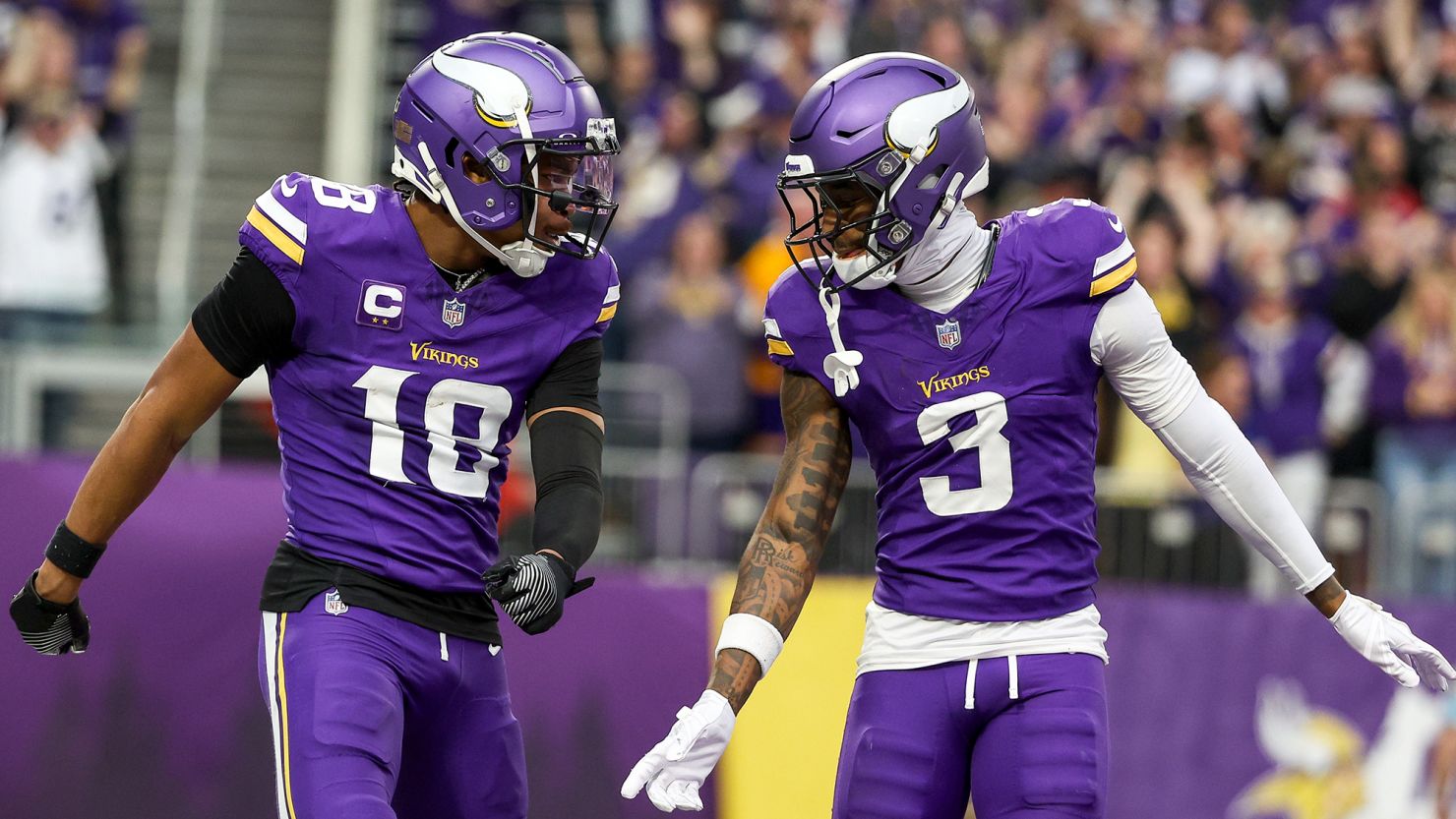For the first time in Olympic and Paralympic history, competition venues will feature corporate naming rights, marking a significant departure from the longstanding “clean venue” tradition. Traditionally, stadiums and arenas hosting the Olympics or Paralympics have been required to remove or cover all non-official sponsor branding, ensuring exclusivity for global partners who pay millions for official status. Similar restrictions have been enforced at other major sporting events, such as the FIFA World Cup. For example, Arsenal’s Emirates Stadium has previously been referred to as “Arsenal Stadium” during UEFA competitions, and New Jersey’s MetLife Stadium will be temporarily renamed “New York New Jersey Stadium” for the 2026 World Cup.
The International Olympic Committee (IOC) has gradually reconsidered this approach. Former IOC president Thomas Bach had suggested a move toward a “clean field of play” policy rather than a blanket restriction on venue branding, creating opportunities for sponsor visibility while maintaining the integrity of the competitions. LA28 chair Casey Wasserman emphasized that naming rights are deeply embedded in U.S. sports culture, noting that many venues are commonly recognized by their sponsor names.
Under a pilot program approved by the IOC, LA28 has announced Comcast and Honda as the first naming rights partners. The Comcast Squash Center at Universal Studios will host squash’s Olympic debut, while the Honda Center in Anaheim, home to the NHL’s Ducks, will stage indoor volleyball without removing its corporate branding. Existing venues with corporate naming deals—such as SoFi Stadium, Intuit Dome, Crypto.com Arena, BMO Stadium, Peacock Theater, and Devon Park—may retain their titles if their sponsors purchase the rights.
“From the moment we submitted our bid, LA28 committed to reimagining what’s possible for the Games,” Wasserman said. “These groundbreaking partnerships with Comcast and Honda, along with additional partners to come, will generate critical revenue for LA28 and introduce a new commercial model that benefits the entire Movement.”
The program will also allow naming rights for up to 19 temporary venues. Priority will be given to members of the Olympic Partner (TOP) program, followed by LA28’s top domestic sponsors. Companies outside these groups must become founding partners to participate. Wasserman estimates the total commercial value of the program could reach nine figures, depending on venue and location.
Historically, “clean venue” policies have limited sponsor exposure, with analysts estimating that losing naming rights visibility at events like the World Cup can cost sponsors between $5 million and $80 million depending on the stage of the competition. For example, FIFA has required host cities to remove all non-sponsor branding from stadiums for over a month during major tournaments.
The IOC has described LA28’s approach as a pilot program to be assessed for future Games, noting that it balances market realities with the principle of maintaining clean venues on the field of play.
This shift reflects the growing commercialization of the Olympics as organizers explore new funding strategies. LA28 is the first U.S. Summer Olympics in over 30 years and will rely entirely on private financing to cover its projected $7.1 billion budget. While naming rights are being introduced, standard clean venue rules will continue to apply to competition areas.
The Games are scheduled to run from 14 to 30 July, followed by the Paralympics from 15 to 27 August.
Partner With Us
Want to feature your brand, business, or service on 365247 — Whether you’re looking to sponsor, collaborate, or build presence within our ecosystem, we’d love to explore it with you.
Submit your Interest Here
IMAGE: AP


